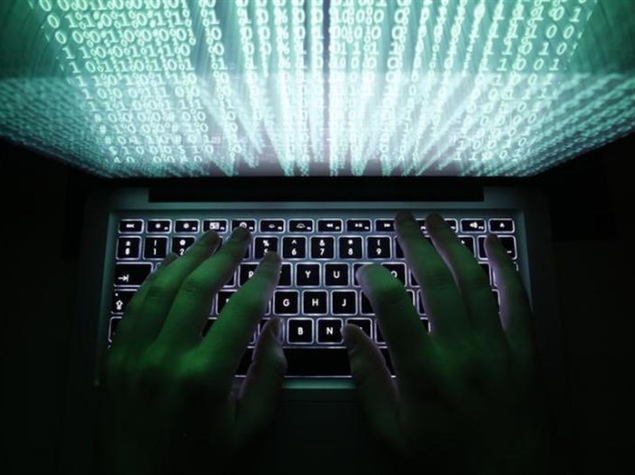- Home
- Internet
- Internet News
- Japan holds first broad cyber security drill, frets over Olympics 2020 risks
Japan holds first broad cyber-security drill, frets over Olympics 2020 risks

Japan is following the lead of Britain, which invited ethical hackers to test its computer systems in the run up to the 2012 London Olympics. In the event, London parried multiple cyber-attacks.
Some 50 cyber-defence specialists will gather at an emergency response centre in Tokyo, with at least three times that many offsite, to defend against a simulated attack across 21 state ministries and agencies and 10 industry associations, said Ikuo Misumi, a hacking expert at Japan's state-run National Information Security Centre.
"It's not that we haven't put effort into cyber-security, but we are certainly behind the U.S.," Ichita Yamamoto, the cabinet minister in charge of IT policy and who is leading the effort to boost cyber-security, said in an interview.
The government forecasts Japan's first summer Olympics since 1964 will lift the economy. But officials worry it could also make Japan a target for computer hackers. Attacks by foreign and domestic hackers against the government doubled last year, Misumi said.
Officials have acknowledged that even though Prime Minister Shinzo Abe has passed a strict official-secrets law, the government cannot adequately protect itself from malicious internet hackers. This is a worry for America as the two allies review their decades-old defence pact to respond to new threats, including state-backed hackers.
The government has also vowed to safeguard Japan's cutting-edge technology from industrial espionage. Last week, Toshiba Corp sued SK Hynix Inc, saying a former employee passed key chip technology to the South Korean rival.
Silos
Japan's cyber-security is shared among the National Police Agency and four ministries, including those for defence and industry.
Tuesday's drill is the first time that Japan has worked together across government and business to counter the threat of hackers, Misumi said.
The test will help break down various "silos that currently exist in Japan", said William Saito, a U.S.-born tech entrepreneur recruited to advise the government.
IT minister Yamamoto this month convened the first meeting of cyber-security officials from the ministries and police agency, joined by outside experts, to hammer out a unified approach to Japan's online security.
Yamamoto said his group will begin making recommendations by the summer. They might include encouraging more students to take up computer science or developing security software in Japan to guard against hackers rather than relying on imported products.© Thomson Reuters 2014
Catch the latest from the Consumer Electronics Show on Gadgets 360, at our CES 2026 hub.
Related Stories
- Samsung Galaxy Unpacked 2025
- ChatGPT
- Redmi Note 14 Pro+
- iPhone 16
- Apple Vision Pro
- Oneplus 12
- OnePlus Nord CE 3 Lite 5G
- iPhone 13
- Xiaomi 14 Pro
- Oppo Find N3
- Tecno Spark Go (2023)
- Realme V30
- Best Phones Under 25000
- Samsung Galaxy S24 Series
- Cryptocurrency
- iQoo 12
- Samsung Galaxy S24 Ultra
- Giottus
- Samsung Galaxy Z Flip 5
- Apple 'Scary Fast'
- Housefull 5
- GoPro Hero 12 Black Review
- Invincible Season 2
- JioGlass
- HD Ready TV
- Laptop Under 50000
- Smartwatch Under 10000
- Latest Mobile Phones
- Compare Phones
- OnePlus Turbo 6V
- OnePlus Turbo 6
- Itel Zeno 20 Max
- OPPO Reno 15 Pro Mini 5G
- Poco M8 Pro 5G
- Motorola Signature
- Vivo Y50e 5G
- Vivo Y50s 5G
- Lenovo Yoga Slim 7x (2025)
- Lenovo Yoga Slim 7a
- Realme Pad 3
- OPPO Pad Air 5
- Xiaomi Watch 5
- Huawei Watch 10th Anniversary Edition
- Acerpure Nitro Z Series 100-inch QLED TV
- Samsung 43 Inch LED Ultra HD (4K) Smart TV (UA43UE81AFULXL)
- Asus ROG Ally
- Nintendo Switch Lite
- Haier 1.6 Ton 5 Star Inverter Split AC (HSU19G-MZAID5BN-INV)
- Haier 1.6 Ton 5 Star Inverter Split AC (HSU19G-MZAIM5BN-INV)

















